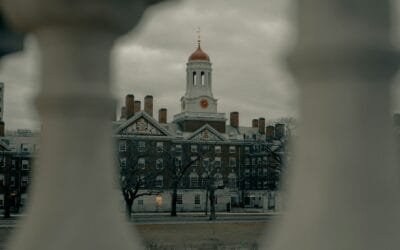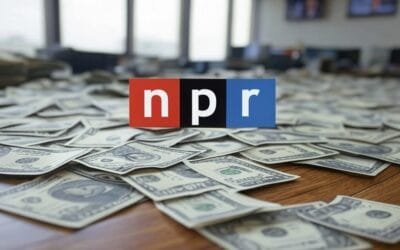I used to think liberals were the only ones confused over what “censorship” is. We’re all familiar with left-leaning celebs waxing political, but then when protested cry that their freedom of speech is being infringed. But recently censorship confusion came out of Nashville radio talk-show host Phil Valentine’s conservative mike.
Discussing the Dixie Chicks flap, Valentine and callers were clear that boycotting someone’s music doesn’t violate free speech, but rather is an application of it. Things got murky, however, when the “tricky” issue of radio stations was added to the mix.
Is it censorship when stations yank groups off their playlists? Even over fans’ objections? Don’t airwaves belong to “the people”?
Boy, I never heard such a hodgepodge of inconsistencies, contradictions and misconceptions coming from conservatives (except when the topic’s religion).
Paraphrasing the popular host, if, for instance, a station owner issues an “edict” banning the Chicks from his stations but the decision runs counter to the listening majority’s will, “then folks, that’s censorship.”
No folks, that’s not.
Censorship has nothing to do with the rules you establish for your own property having to pass some popularity litmus test. Censorship is when free speech is trampled. Well, what’s free speech? Just consult the First Amendment: “Congress shall make no law…abridging the freedom of speech, or of the press, or the right of the people peaceably to assemble….”
The First Amendment chains the government, not the individual.
Well, if free speech means government can’t encroach on people communicating, peacefully assembling, and the like, censorship is when government does encroach.
For instance, if an editor chooses not to print this piece, I’ve not been censored. If politicians bar printing it, I have. If station execs pluck the Chicks from their playlists, even against listener wishes, that decision may prove unprofitable, but it’s not censorship. If government bans the Chicks, it is.
If awakened one night by a stranger delivering a harangue in your living room, his shouts of “censorship!” when you knock him on his keister are invalid– even if he argues that the airwaves carrying his voice are “public property.”
Seriously though, what about those airwaves? Well, saying “the public” own them amounts to saying no one does– no one but the government, that is.
No? Consider something else “the people” allegedly own, a public park, for example. You’re a member of the public, right? Well then calculate what fraction of the park is your share and go try to build something on it or maybe just plant a sign there. Let the officer who hauls you and your sign away be a clue as to who the real property owner is.
The same’s true for broadcasting frequencies. Airwaves belonging to the “the public” are airwaves belonging to the government. And I can’t think of a riper setup for censorship than that.
It’s ironic Valentine should miss the mark on what so intimately affects his craft. Especially when it contradicts the right answer on his own website: a book he recommends that includes an essay on the property status of airwaves, Ayn Rand’s “Capitalism: The Unknown Ideal.”
Wouldn’t hurt to actually read it.









